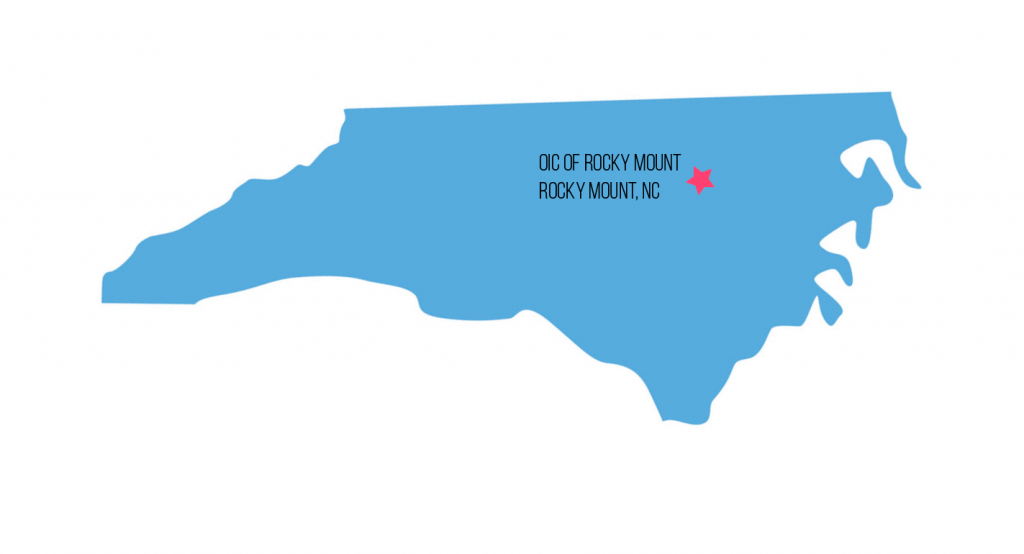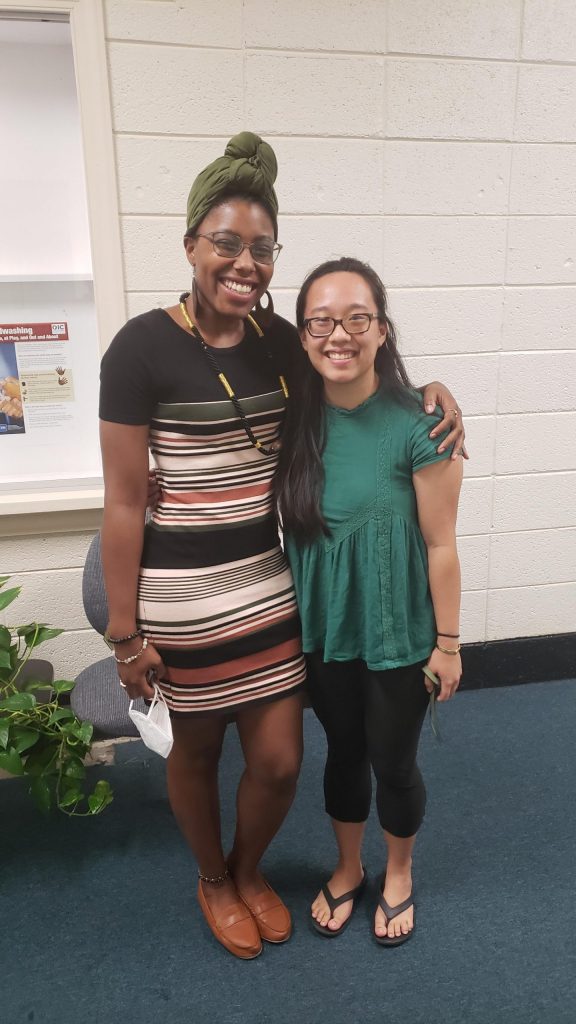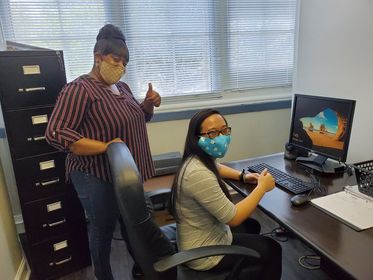Thoughts On…Connecting with a Hometown
By: Amanda Chau, UNC-Chapel Hill Class of 2021
While working for the OIC of Rocky Mount, I was challenged by my past ideas that there’s no opportunity in rural areas and that rural residents are closed-minded people to whom I couldn’t relate. I learned that I have been directly at conflict with my aspiration to work towards equity for all peoples and communities by harboring a distaste for my own community — a place I viewed as having zero opportunity, a place where I thought I had no future.

Growing up in Roanoke Rapids, North Carolina, I was encouraged by family to move into a bigger city with greater opportunity.
My friends and I dreamed of leaving behind our small town life and never coming back to the place where you know everyone and everyone knows you.
We wanted to be where we could be “successful,” and rural North Carolina was not seen as conducive to this desired lifestyle.
This mindset is demeaning to those who choose to remain or return to smaller rural communities. It discounts the community that has nurtured, supported and challenged us throughout our lives. We can probably name everything wrong with our towns and what should be done differently. But, by looking at our towns unique strengths, we can identify ways to improve ourselves and the community around us.
Who better to help transform a community than the people who live there? Rural communities need their own citizens to care, protect and prepare them for a better future.
According to the NC Rural Center, 80 of 100 counties in North Carolina are rural. Often, rural towns are ignored. The populations of rural towns have decreased, while populations in more urban areas have increased — a gap that is projected to continue. And for the populations of rural towns themselves, limited financial resources present wide social challenges.
Limited funding affects academic performance and educational attainment, health of citizens, economic stability and quality and access of public resources. These outcomes contribute to negative perceptions and the continued decrease in population.
But to view rural communities as areas of poverty and disadvantage ignores their rich histories and potential for growth.
Their broad range of needs and strengths provides the perfect conditions for social justice work and community development.
With the OIC of Rocky Mount, I observed and experienced working for a nonprofit that strives to help everyone despite their condition, beliefs, identity or background. The OIC of Rocky Mount staff meet opposition and criticism from the community they serve, but they also find support. They are fervent in their mission of “helping people help themselves” to build up their rural community.

I wanted to partake in dedicated work to serve the community for a better tomorrow and better outcomes like the staff at the OIC does for the Rocky Mount community. But I wasn’t serving my hometown because of my fixed mindset about my own perceived inability to do meaningful work in rural towns. Through my summer as a SECU Public Fellows Intern, I have been able to connect to my hometown on a more personal level.

I often thought of myself as one of the “lucky ones” able to leave my small town when I headed to college. But my SECU Public Fellows internship has taught me that seeing a need in a rural community and then choosing to fill that need is an important way to commit to social justice. Eventually, by turning to the strengths and opportunities in rural communities, we can participate in making the world better.
You can visit the OIC of Rocky Mount website to learn more about the organization’s work.
Read more about the SECU Public Fellows Internship Program and other Thoughts On Connection pieces on the CCPS website.
